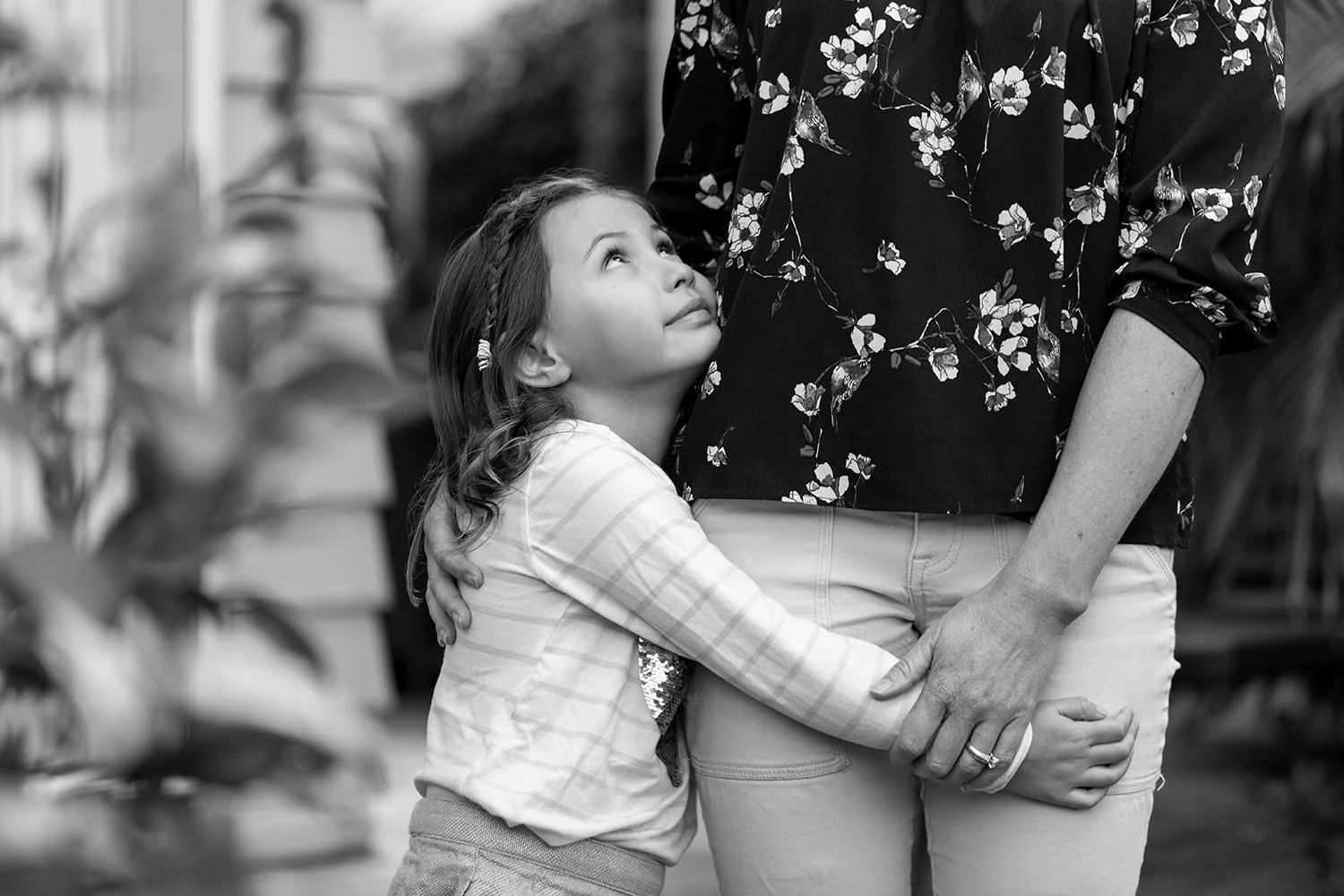
THE GROWING MIND SERIES – ONLINE COURSES
How Child and Adolescent Adversity and Trauma Shapes the Brain
Insights from the ACEs Study
Early adversity changes lives — so can you.
Gain essential knowledge, backed by neuroscience, to better support children, teenagers, families, and communities. Created by Clinical Psychologist and Paediatric Neuropsychologist Megan Fowler, this course unpacks how early experiences shape the developing brain — and influence longterm wellbeing.
60-90 minute interactive course
Self-paced learning
Evidence-based Insights
In this course you will…
Gain insight into the ACEs study.
Explore the key findings of the impact of ACEs on health and wellbeing, including specific health conditions, mortality, gender and age.
Gain insight into toxic stress and the impact on the developing brain.
Understand the impact of adversity on the nervous system/stress response, the endocrine System (HPA Axis) and the immune system.
Learn the impact of Epigenetics.
Understand the vulnerability and plasticity of the developing brain.
Knowledge is power. Equip yourself with the latest neuroscience-backed insights and start making a difference today.
60-90 minute interactive course
Self-paced learning
Evidence-based Insights
Lifetime Access
$150
+GST
About Megan & The Hand to Heart Project
The Hand to Heart Project was founded with a simple but powerful mission: to help parents, educators, and professionals better understand the science behind childhood development—and apply it in ways that truly make a difference.
Led by Clinical Psychologist and Paediatric Neuropsychologist Megan Fowler, this project brings together the latest in neuroscience, psychology, and personal storytelling to provide practical insights into how childhood experiences shape the brain, emotions, and lifelong wellbeing.
“This is a really concise but illuminating introductory course on adverse childhood experiences. I learnt several things that had an immediate impact on how I approach patient care. I would recommend this course to any clinician whose aim is to provide trauma informed and compassionate care. It is relevant across all specialties and patient demographics. The course is evidence based, easy to navigate and directs you to other resources if you wish to further your learning.”
Caroline South
Clinical Nurse Specialist – General Surgery
“As an occupational therapist and concussion service clinical lead I am always interested in finding out what could potentially be a barrier to recovery for my clients. I have been vaguely aware of ACES but was keen to learn more. The Hand to Heart training module was exactly what I was looking for. Really informative, and presented in an easy to follow interesting format. I loved how I could pause or go back if I missed something and there were links to further research so I could do a 'deep dive' too. I feel like I have a really good understanding of ACEs now and it will change the way I do initial interviews/practice as it will provide me with a framework with which I can identify any potential barriers to recovery. As an extra bonus to gain our annual practising certificate, occupational therapists need to give evidence that we have done further study each year and this course ticks the box perfectly. I would highly recommend to other health care professionals.”
Jo Falloon, Occupational Therapist and Concussion Service Clinical Lead, SRS.
“There is increased interest in understanding, assessing and treating adults and children who have experienced traumatic events. Those who have experienced trauma want to understand themselves. Megan Fowler has developed a visually powerful guide to understanding trauma based on the widely used ACEs model. Megan’s guide is easy to move through at the readers own pace. Her guide is full of useful information which provides a map to both understanding and intervention. It is a guide that can be used by professionals (psychologists, social workers, counsellors, teachers health care professionals) for their own development as well as by anyone interested in these issues. It is full of excellent resources and most helpfully Megan has included up to date New Zealand research. I strongly recommend this resource.”
Dr Sarah Calvert. PhD Distinguished Scholar, Waikato University.
FAQs
-
This course is designed for health professionals, educators, parents, and caregivers—anyone who wants to understand the impact of childhood adversity and gain practical strategies to support resilience and healing.
-
The course takes approximately 60-90 minutes to complete. It is entirely self-paced, so you can learn at your own convenience.
-
Yes! This course is built on the latest neuroscience and psychological research, including studies from New Zealand and international sources. It was developed by Clinical Psychologist and Paediatric Neuropsychologist Megan Fowler, who has over 20 years of experience working with children, families, and professionals.
-
Absolutely! While designed for professionals, this course is also valuable for parents and caregivers who want to understand how childhood experiences shape development and long-term wellbeing.
-
Yes! You’ll have ongoing access to the course materials, so you can revisit the content anytime.
-
We accept credit/debit cards via the online checkout. Bulk purchases (3+ licences) can be paid via bank transfer.
-
Yes! We offer bulk licensing options for schools, healthcare organisations, and professional bodies. If you are interested in purchasing multiple licences, please contact us for special pricing.
-
For bulk purchases of 3 or more licences, payment is processed via bank transfer. Once payment is received, we will provide access codes for your team to enrol. Get in touch for more details!
-
Due to the digital nature of this course, refunds are generally not available. However, if you experience any issues, please contact us, and we’ll do our best to assist you.
Invest in knowledge. Unlock research-driven guidance and elevate your understanding of how childhood adversity and trauma shapes the brain.
60-90 minute interactive course
Self-paced learning
Evidence-based Insights
Lifetime Access
$150
+GST



